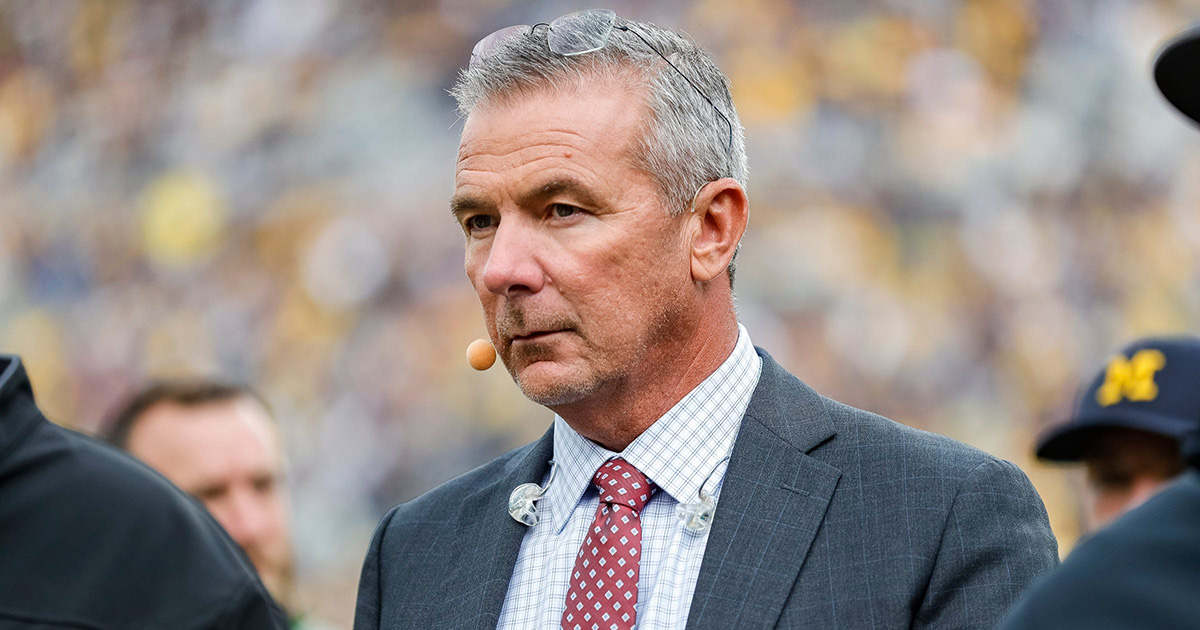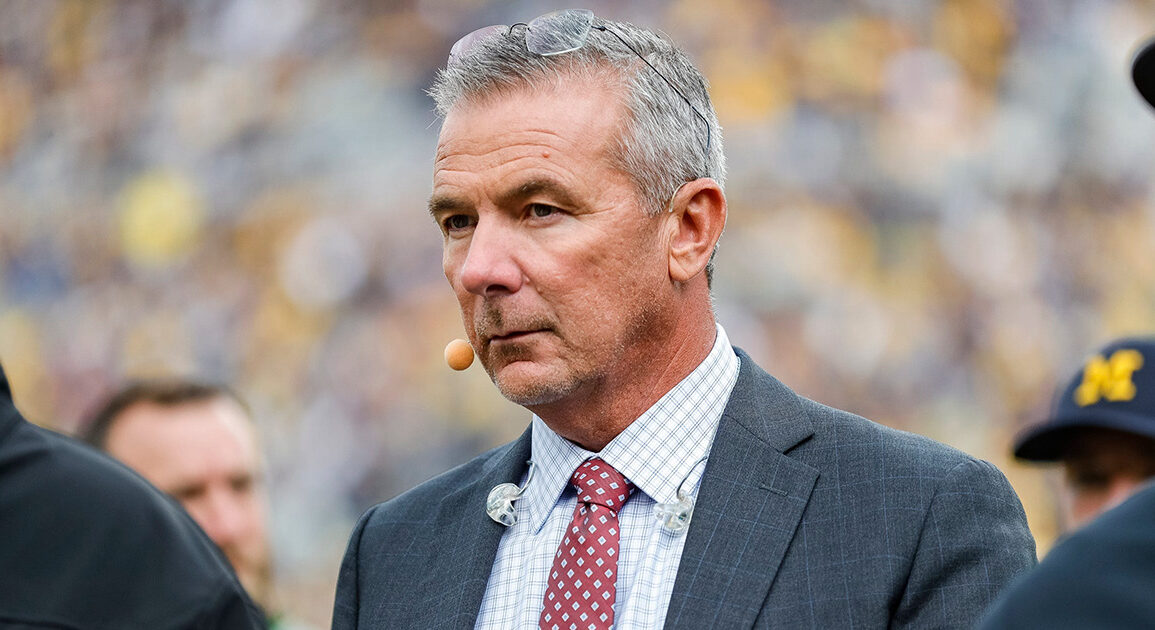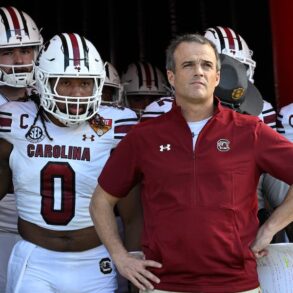
The death penalty in college athletics refers to the NCAA’s power to ban a school from a specific sport for one or more years. There have been multiple instances of this occurring throughout the NCAA’s history.
In 1952, the Kentucky men’s basketball team was handed down the death penalty for allegedly shaving points. Southwestern Louisiana was slapped with it in 1973. While several other instances have taking place over the years, the death penalty is most often connected to SMU‘s football program and how in 1987 the program was found out to have been paying its players.
Decades later, institutes may now pay their athletes directly and outside NIL earnings can help compensate them even further. With this in mind, former college football coach Urban Meyer explained the death penalty would be hard to impose within the current state of college athletics.
“No, not with the litigation, the amount of money that’s — think about the 70s. Now, you didn’t litigate back then,” Meyer said. “I don’t believe you did. Once again, I’m not an expert. I wasn’t around much, certainly not to the level of now. Back in the 70s, I mean, team could barely, you didn’t have a training table. Now, you’re talking about NIL and budgets and coaches making millions of dollars, players making money. So it was a much different animal back then.”
While Meyer believes it is much more difficult for imposing a death penalty in the modern age, it’s not impossible. Over 70 years later, the 1952 UK basketball team’s point shaving scandal is still worthy of such a punishment. With gambling becoming a commonplace among sports fans in recent years, there have been several instances of college and professional athletes getting suspended, dismissed or released due to their ties to gambling.
So far, there has been one instance of the death penalty being handed down to a school in the NIL era. In 2024, Notre Dame suspended its men’s swimming team for the entire athletic year for allegedly placing wagers among themselves regarding the results from their competitions. Athletes only bet in-house and only during their swimming meets. In addition, a group chat containing derogatory messages saw members fail to “treat one another with dignity and respect.”
There has been speculation that college athletics may move away from the NCAA in favor of adopting a governing body more equipped to handle its current landscape. What that means for the death penalty in college athletics, just like almost everything else in the ever-changing industry, remains to be seen.
This post was originally published on this site be sure to check out more of their content.







